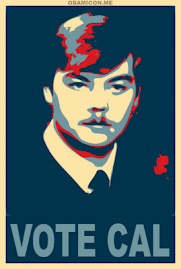For Herman Melville, fame was as elusive as his titular white whale. The saddest part of Moby Dick’s rejection was that Melville had already known success. Both of his first two books, Typee, and Omoo, were instant hits. Churning out one adventure story per year, Melville was heralded as a great new voice in nautical yarns. In the vein of his other stories, Moby Dick was initially another rollicking tale of bold men braving the high seas. Then in 1849, he met Nathaniel Hawthorne. The Scarlet Letter author was the first person to suggest the epic quest could work as an existentialist tome. Over the next two years, Melville studied philosophy and literature. In 1851, those years of introspection resulted in the Great American Novel.
Echoing the thoughts of many future high school students, readers at the time hated the book. Noted editor, Henry F. Chorley, of the London Athenaeum, called it “as much trash belonging to the worst school of Bedlam literature.” Critically and commercially a flop, the book only sold 3,000 copies. Complaining to Hawthorne, Melville said that “dollars damn me” Hawthorne ignored Melville’s pleas, and their friendship crumbled. Melville’s income and popularity sank faster than the Pequod. His follow-up, Pierre, was similarly dismissed. Dejected, the 33-year-old Melville basically retired from writing, only releasing the occasional poem over the next decades.
In 1867, Melville plunged further into alcoholism and depression when his oldest son killed himself. In 1891, the local newspaper summed up the tragic life of the notoriously longwinded author in just six lines. His obituary could not even get his name right. Though wrongfully called “Henry”, Melville’s name lives on.
https://listverse.com/2019/10/08/accomplishments-ruined-creators-lives/


























































































%20(002).jpg)













.jpg)









2 comments:
I like Moby-Dick and you know it!
Why do you hurt me in this way? Why do you say these things to me when you know I will kill you for saying them? WHY WHY WHY?
Post a Comment